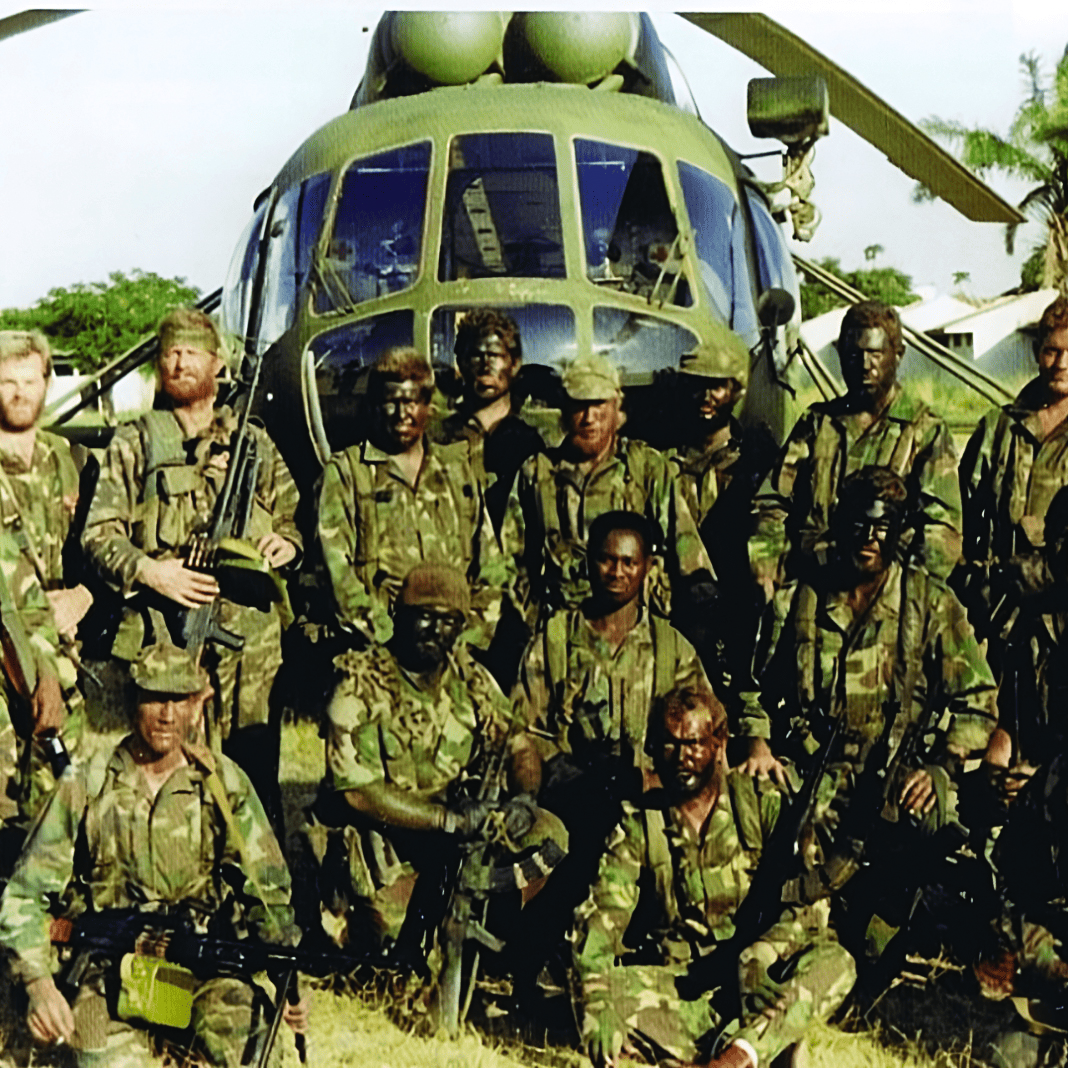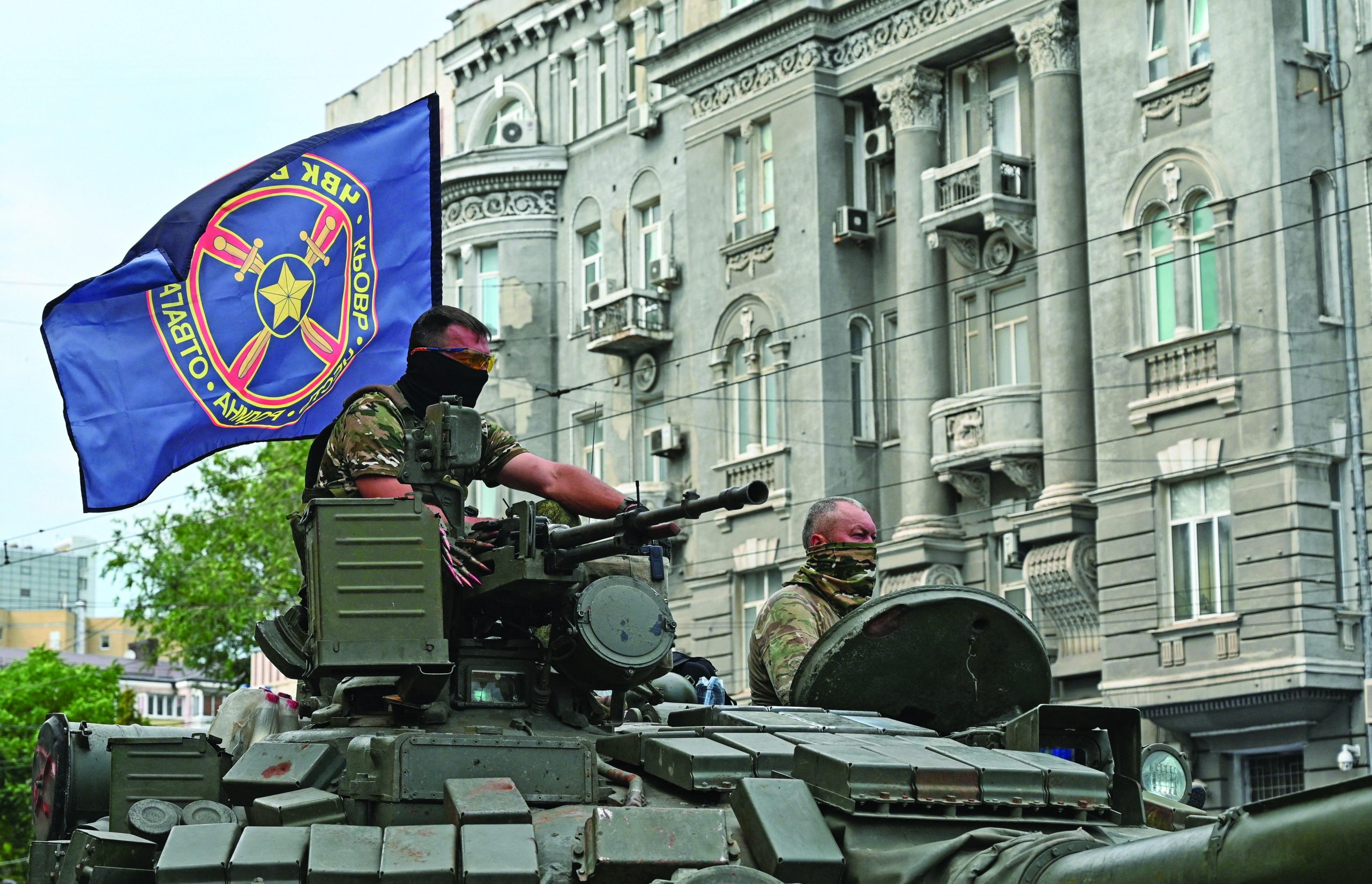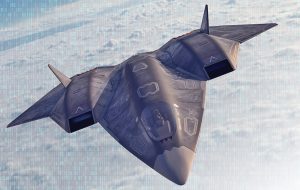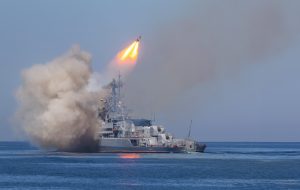The rebellion of the private quasi-military company Wagner against the Russian state on June 24, 2023, has raised questions about the future of such companies and whether or not reliance on them will diminish. The answer to such a question can be addressed by clarifying the roles and significance of these companies, as well as highlighting the risks associated with them and how to deal with these risks in an attempt to anticipate their future.
Private military companies play multiple roles in both peacetime and war, which can be detailed as follows:
1 Providing facilities with security: The European Union has utilized private security companies to protect the headquarters of the European Police Mission in Afghanistan, secure the headquarters of the European Union Rule of Law Mission in Kosovo, and guard the European Police Mission in the Democratic Republic of Congo.
In Mozambique, the services of private military companies, specifically Wagner Group and the South African consultancy group Dyck Advisory, were relied upon to assist in the fight against the terrorist group that seized control of the Cabo Delgado province and posed threats to the activities of “Total”, the French company involved in natural gas extraction.
Similarly, until 2013, China owned around 4,000 registered security companies with approximately 4.3 million employees, most of whom were former military and police personnel.
Around twenty of these companies operated overseas to protect state-owned companies and other Chinese interests, especially those engaged in Belt and Road Initiative projects and Chinese state-owned companies operating in foreign countries, particularly in African nations.
These companies also provide security for oil and gas facilities, highways, mines, construction sites, and even Chinese embassies.
2 Securing international trade: The use of private security personnel aboard commercial ships has become widely accepted to protect vessels from pirate attacks, such as those near the Somali coast. Private military and security companies provide maritime services, including risk assessments, as well as armed and unarmed protection of maritime assets and facilities.
Private military and security companies primarily offer defensive maritime services at sea or on the coast. These companies are contracted to provide port security for land-based parts of maritime operations, including access control, container inspection, and emergency response. On high seas, private military companies are employed to protect offshore energy installations, combat illegal fishing, and provide security for boats, including commercial ships, fishing boats, yachts, and cruise ships. These assets are protected against attacks by a wide range of perpetrators, including pirates, terrorists, rebels, and extremist civil protest groups.
In some cases, offshore oil and gas facilities have been targeted by environmental activists or even terrorist groups. The “Greenpeace” activists attempted to board the Gazprom oil platform in September 2013 to protest against drilling in the Arctic, and the Niger Delta Liberation Movement carried out attacks on offshore oil and gas facilities in Nigeria.
3 Fighting rebel groups: the South African private military company “Executive Outcomes” employed its air force units in the early 1990s to support the governments of Angola and Sierra Leone in their wars against rebel groups. For instance, Executive Outcomes used helicopters and fighter jets in Angola to target vehicles of the National Union for the Total Independence of Angola (UNITA) rebel group and heavy weaponry, as well as to deploy forces in the early 1990s. In Sierra Leone, they targeted the Revolutionary United Front. On the other hand, the South African company employed a variety of aircraft during its operations in Angola and Sierra Leone, such as two Boeing 727-230 transport planes in addition to two Andover helicopters for medical evacuations.
They also operated Air helicopters for reconnaissance and communications. In the combat operations in both countries, they used helicopters like the Mi-17, Mi-24 Hind, and the Pilatus PC-7 aircraft.
4 Providing logistical support to forces: Private companies are employed by the European Union to provide a wide range of support services, such as transportation and logistics, during military operations in Bosnia and Herzegovina, the Democratic Republic of Congo, and Chad. The United States, on the other hand, expanded the use of private military companies during the Iraq war to perform various functions, including providing security for American bases, officials, and military convoys. Moreover, the number of private military company personnel relied upon by the United States in its war against Iraq reached nearly 173,000 individuals in December 2008, compared to 146,000 American soldiers.
5 Direct engagement in military operations: Private military companies play an increasing role in modern wars. It is evident that the Russian company Wagner played a role in assisting the Russian state in annexing the Crimean Peninsula in 2014.
The company is also accused by Western countries of supporting the armed rebellion witnessed in Donbas in the same year, which led to a sector of its population demanding secession from Ukraine. With the outbreak of the Russian-Ukrainian war in February 2022, a significant number of private military companies emerged in carrying out pivotal military operations, not just providing support or logistical support to combat forces. The Chechen Akhmat military units played a crucial role in Mariupol, defeating the Azov Battalion, a militia affiliated with the Ukrainian army. Wagner, on the other hand, played a key role in supporting the Russian military’s efforts to control the strategic cities of Soledar and Bakhmut.

Benefits of Private Companies
Governments around the world are turning to private military companies due to their ability to provide flexibility in decision-making without relying on national parliaments. They also enable the state to deny involvement in external conflicts. These benefits can be detailed as follows:
1 Avoiding parliamentary approval: Most constitutions of countries worldwide require leaders to seek approval from their parliaments before deploying military forces abroad. This process may not be easy for many countries, especially considering the high costs, both financial and human, associated with such interventions. This may lead national parliaments, influenced by public opinion, to hesitate in supporting military interventions. To overcome this dilemma, many countries resort to private military companies to bypass the need for approval from national parliaments. Furthermore, it allows them to avoid announcing human losses in case of direct intervention using state military forces, as such announcements may negatively impact public support for the war.
2 Maintaining plausible deniability: Private military and security companies can assist states in indirectly intervening in foreign conflicts without openly declaring it.
In addition, they help to conceal the intervening state’s role in violating international laws, enabling governments to avoid accountability for their actions. A prominent example in this regard is the United States circumventing the UN arms embargo imposed in 1991 on selling weapons or training any warring party in former Yugoslavia. The United States diverted attention from this embargo and sought to support the Croatian army in September 1994, one of the countries that later seceded from the Yugoslav Federation.
This support was provided through the “Professional Military Resources” corporation, one of the American private military companies, which had a decisive impact on the war. Moreover, the US government was able to evade responsibility for human rights violations committed by the Croatian army, such as extrajudicial killings, disappearances, and deliberate destruction of homes, especially those belonging to Croat Serbs. States may also utilize private security companies to bypass domestic laws. When a government official was asked why the US government awarded a contract to the company DynCorp to support the Sudan People’s Liberation Movement in its negotiations, the official replied, “The answer is simple. We are not allowed to fund a political party” according to US laws.
Thus, by using private security companies, they can circumvent these regulations and restrictions.
Threats of Private Military Companies
Private military companies have evolved from an exceptional phenomenon in the mid-1990s to a common practice in the early decades of the 21st century.
Reviewing the experiences of many countries in dealing with mercenaries reveals several challenges, which can be detailed as follows:
1 Widespread violations: Four former employees of the now-defunct American private military company known as Blackwater were involved in the Nisour Square massacre in Baghdad in 2007, where they opened fire on civilians, killing 14 civilians and injuring 17 others, even though none of the victims belonged to any resistance group or posed a threat to their military convoy.
2 Rebellion: One of the main historical problems with hiring mercenaries is that their loyalty lies with the money rather than the state benefiting from their services, meaning their national allegiance is weak.
However, most countries that own private companies now hire individuals who have previously served in military and security agencies. These companies also execute the agendas of their affiliated governments. Given that major countries possess significant financial resources, it is unlikely that such companies would rebel against their governments due to financial constraints, especially since most of their leadership consists of former state employees.
Nevertheless, a recent issue highlighted by the Wagner rebellion in Russia on June 24, 2023, is the possibility of a private military company, like Wagner, rebelling against the Russian regular army and demanding the exclusion of its leadership.
Although the attempt failed, such a development will be a concern for many countries. They will likely take precautions by reviewing the activities of these companies to ensure they remain under state control.
3 Arms trafficking: Private military companies possess various military equipment, such as tanks, helicopters, armoured personnel carriers, automatic rifles, and anti-tank missiles.
In some cases, private military companies have been involved in diverting some of these weapons to rebel groups. For example, it is believed that the American company “LifeGuard Systems,” which protects diamond fields in Sierra Leone, shipped weapons during the civil war there, including RPG-7 anti-tank missiles, AK-47 Kalashnikov rifles, mines, and mortar shells, to rebel forces.

How to Address These Threats
Despite the importance of the role played by private military companies, they are not without challenges, and reviewing various historical cases highlights the different methods used by countries to address these threats as follows:
1 Mercenaries Integration into armies: Some Italian cities relied on mercenaries to provide security and wage wars, especially in the 13th and 14th centuries.
However, by the 15th century, some kings began to view these mercenary armies as a threat to their own security, leading them to incorporate mercenaries as individuals into their own armies. By the mid-15th century, some states (including Milan) had already begun building their own professional armies.
Technological advancements supported this trend and in the 16th century, the use of heavy artillery and weapons expanded, initially exceeding the financial capabilities of contemporary private military companies.
Consequently, reliance on regular armies in conducting wars increased, resulting in a reduced role for private military companies during this historical period. One scenario proposed by the Russian government to deal with Wagner fighters following the announcement of the end of the Wagner rebellion was to integrate them into the regular armed forces.
2 Retaining multiple forces: Countries usually divide their armies into several competing forces, such as establishing national guards alongside the regular army, in addition to maintaining special military forces.
This is done to ensure that no private military company can successfully launch a rebellion. In the Russian case, for example, there are approximately 20 private military companies affiliated with different institutions within the Russian state, in addition to special forces under the Federal Security Service and military intelligence directorate, along with the regular army consisting of around one and a half million active personnel and the national guard.
With such numbers, countries can easily overcome any rebellion by a private military company against the state.
3 Imposing punishment on violators: Although some violations committed by elements of private military companies usually go uninvestigated and unprosecuted, there have been cases where individuals have been punished. For example, the individuals of the Blackwater company who were involved in the killing of unarmed civilians have been punished, with sentences ranging from life imprisonment to thirty years in prison.
Conclusion
Despite the challenges posed by private military companies, the multiple roles they play, along with the advantages and benefits they bring to countries, make the idea of dispensing with them costly. This means that different countries will resort to reviewing the operations of these companies in the event of any violations, modifying governing laws, or regulating their activities to ensure their ability to overcome any challenges these companies pose and enhance the benefits of their activities.
» By: Dr Shadi Abdulwahab
(Military and Strategic Analyst)













